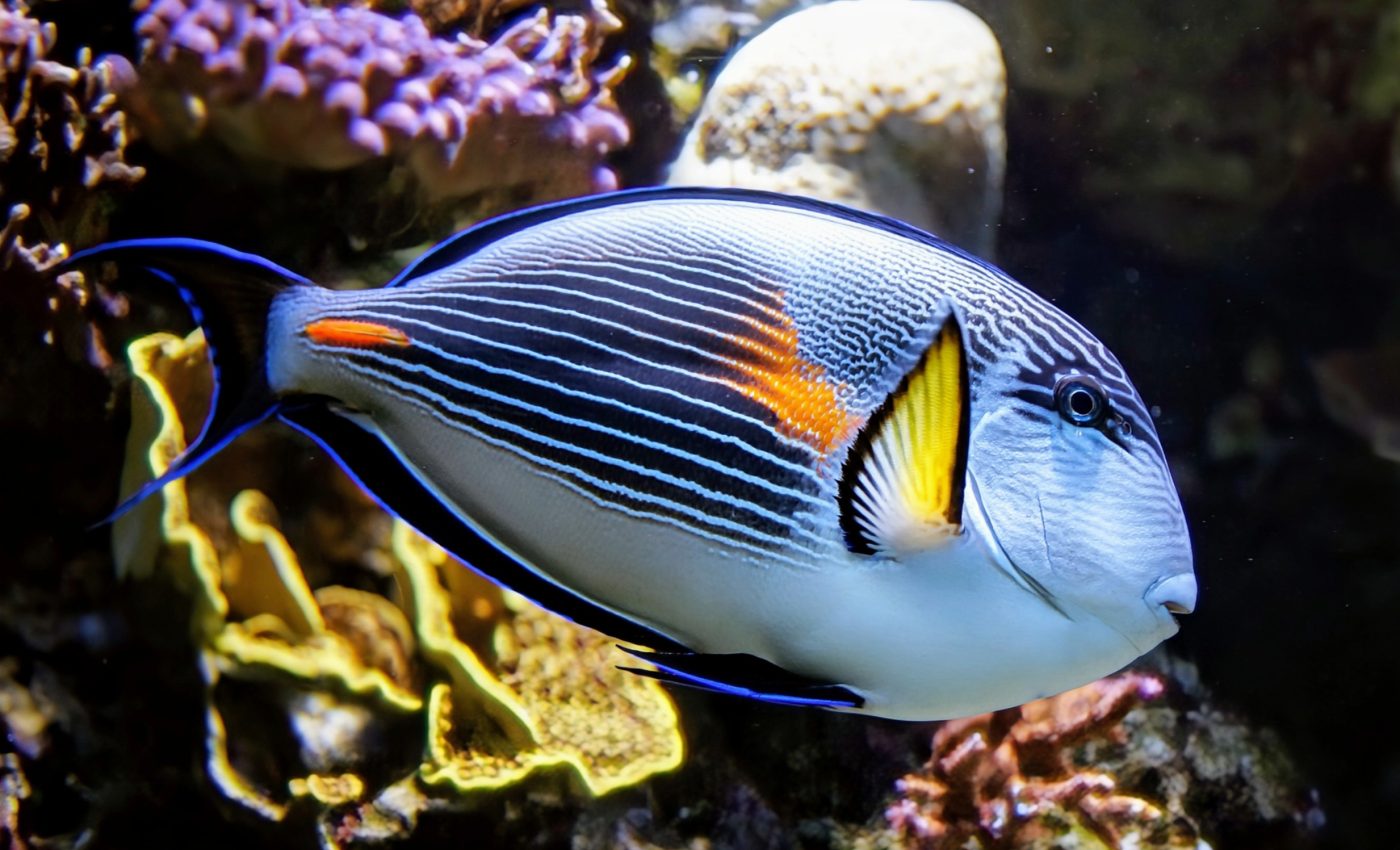
Reef fish populations are boosted by ocean connectivity
Reef fish are vital in maintaining the resilience of coral reefs. A new study from the University of Oxford sheds light on the essential role of reef fish and the factors affecting their abundance.
Ocean connectivity and fish abundance
The Oxford team has discovered that oceanographic connectivity is a significant determinant of fish abundance across the Western Indian Ocean (WIO).
Oceanographic connectivity is the invisible thread that weaves the movement and exchange of water between different parts of the ocean.
According to the researchers, the distribution and abundance of herbivorous reef fish groups, in particular, are strongly impacted by this ocean connectivity.
Herbivorous reef fish are strongly impacted
“It was striking that herbivorous fish – which are critical to reef resilience – were particularly strongly impacted by ocean connectivity,” said Laura Warmuth, from the Department of Biology, University of Oxford.
“Efficient conservation area prioritisation should include connectivity for decision making regarding marine protected area management across country borders.”
Warmuth noted that this is particularly relevant in the human-pressured WIO region, where annual bleaching is predicted on most coral reefs by mid-century, even under optimistic climate change scenarios.
Rising ocean temperatures
Ocean connectivity is not the only factor that influences reef fish distribution and abundance. The research also emphasizes the impact of fluctuating sea surface temperature and levels of chlorophyll.
The protection of reefs in the Western Indian Ocean is of particular importance given the heavy dependence of rapidly growing local communities on these reefs amidst the looming threat of climate change.
Reef fish diversity and resilience
In this intricate ecological tapestry, fish diversity is key in sustaining the resilience of reefs. Different fish species, owing to their varied feeding patterns, provide vital services to reefs.
For instance, some fish species feed on algae that are in competition with corals, therefore maintaining a balance in the ecosystem.
The research team formulated a metric of proportional oceanographic connectivity to simplify complex oceanographic models. With this, they could integrate this element into ecological models.
Interestingly, the experts found that medium connectivity levels were often associated with higher fish abundances, not the high levels.
High connectivity may aid larvae dispersal but can also result in unintended consequences – stronger wave exposure or increased dispersal of pollutants or invasive species.
Human activities and environmental factors
“It is really imperative that decision-makers responsible for marine planning understand how ocean patterns and environmental factors affect reef fish across the food chain,” said study co-author Professor Mike Bonsall.
“Our work emphasizes how crucial this link is between ocean currents and fish ecology for understanding the broader impact of environmental change and fishing regulations on sensitive coral reef fish systems.”
Going forward, the researchers will look more closely at the impacts of human activities, as well as how human population density and market distance impact reef fish abundance and biomass in the WIO.
The experts also aim to investigate how environmental and oceanographic factors are predicted to alter under different climate change scenarios.
Reef fish and coastal communities
Reef fish not only play a crucial ecological role in maintaining the balance of coral reefs, but they are also a vital resource for coastal communities.
In many regions across the Western Indian Ocean, the local economy is deeply intertwined with fishing industries, which depend heavily on healthy fish populations.
However, as climate change and human activities such as overfishing continue to threaten reef ecosystems, the decline in fish populations could have devastating economic and social consequences.
Effective conservation strategies
By understanding the complex relationship between oceanographic connectivity, fish abundance, and environmental factors, researchers can guide more effective conservation strategies that protect both reef ecosystems and the communities that depend on them.
This highlights the urgent need for international collaboration in marine management, ensuring that local fisheries and marine protected areas are designed with connectivity in mind.
Only by safeguarding reef fish populations can we hope to preserve the ecological and economic resilience of coastal regions for future generations.
The study is published in the journal ICES Journal of Marine Science.
—–
Like what you read? Subscribe to our newsletter for engaging articles, exclusive content, and the latest updates.
Check us out on EarthSnap, a free app brought to you by Eric Ralls and Earth.com.
—–













